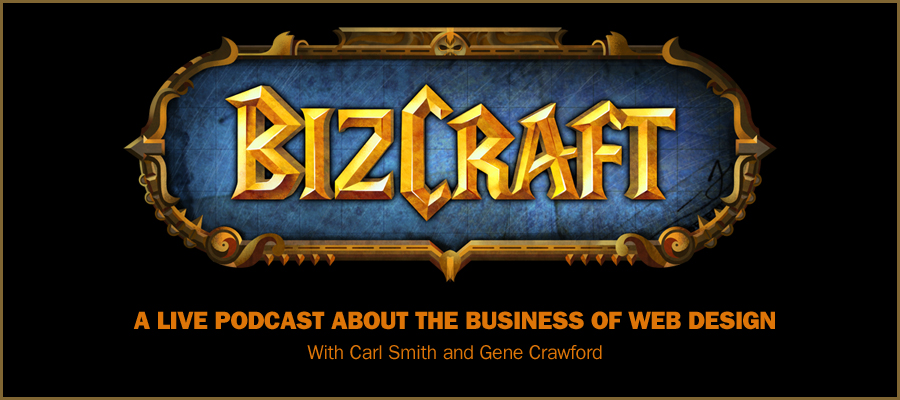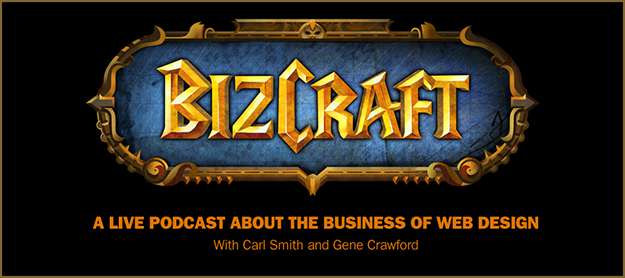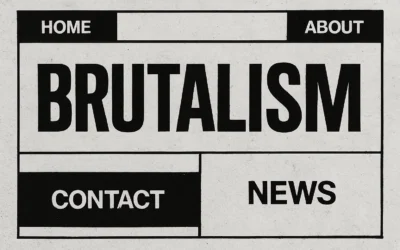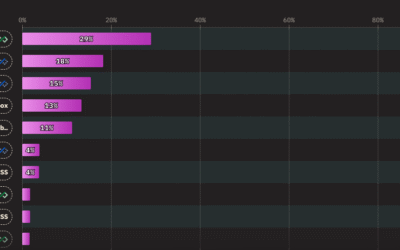
Play or Download this Episode
Download MP3 (41 MB / 00:42:09)
Subscribe to the Show
iTunes / RSS feed / Get Email Updates
We are now also syndicated on Stitcher.
About the Show
This is BizCraft, the podcast about the business side of web design, recorded live almost every two weeks. Your hosts are Carl Smith (@carlsmith) of nGen Works and Gene Crawford (@genecrawford) of UnmatchedStyle.
In this Episode of BizCraft we talk about Risk (with a big R) and losing passion for what you do then finally companies surviving founders.
Episode Flow:
- Talked about Gene’s roles in the different companies he works with/in.
- Carl’s position within his career path and history.
- “It’s very hard for a services firm to survive it’s founder.” – Carl Smith
- We discussed the past history of the Jellyfish Model and nGen Works.
- The “do or die mentality” is important from leadership.
- Thinking through the iterations of your company. Has it changed it’s configuration over the years? It probably has!
- QCat Pro
- Check out Krit, they are a great story of product company now trying their hand at being a services firm.
Beers During The Show
Gene: Stone Brewing Arrogant Bastard
Carl: Shock Top Belgian White






Hello! Firstly, let me say how delighted I am to have found you. Such awesome podcasts that focus on the business side of web design. Too many other podcasts focus on the technology. I’m finding the shows great driving material – my office is an hour’s commute from my home so it gets me most of the way to work and gives me something to think about!
I haven’t listened to this episode yet, but I will do very soon, however I have some very specific questions which kind of tie into all of the casts I have listened to so far, I hope that is ok.
Firstly, a question about price. I run my business in a small city, and we are competitively priced, however I feel we are charging less than we are worth. In one of your episodes you said that if you could go back in time 10 years you would charge more than the $100/p/h you charged initially. That is quite a bit more than we charge and our company has been running for over a decade – bear in mind we are in the UK. So how does one increase prices in a location where there is not a lot of wealth and web design isn’t seen as something that should cost a lot? We have slowly increased our prices over the years, but if we were to double it I don’t think that would be good for our business.
Secondly, how does a small business make that leap into finding dream clients? This isn’t silicon valley – so what can we do to network with exciting businesses we would like to work with that are not geographically close?
Thank you and keep up the great work!
Harry
Hey Harry!
Man, thank you for the post here. I tell you what, Carl and I will be recoding a new episode really soon and we’ll specifically cover your questions here with an episode!
Great! Thank you! 🙂
Actually I have some further points/questions which maybe you can discuss? don’t worry if not, but I think they are relevant, certainly to me anyway.
So our company, Voodoochilli, is based in a very small city (70K people I think) but we are very well known locally, and get plenty of work and are rarely quiet. I had an enquiry today from a potential client who is unhappy with one of our competitors. They have been locked into a 3 year contract with them with no access to the CMS which is built, but only used by the web dev team. This really surprised me, because we always build in a CMS for the client and we don’t lock clients into contracts, especially clients like this small charity that is trying to make the world a better place. But it seems some, if not all of our competitors are doing this in order to make a profit. Maybe this is standard practice and I just assumed otherwise?
So this got me thinking – what makes us sustainable? Clearly locking your clients into a contract is sustainable over the duration of the contract as you are getting paid over the time, sometimes without doing any work. What we try to do is satisfy the client’s needs so that they will refer us to other clients or will want more work done later – to retain them not forcibly, but because they want to stay, you know, to be good to them. So I think all of this is all very noble, but from a business point of view I do see the benefits of limiting access to a CMS and forcing a maintenance contract, although ethically I’m not sure it is something I would consider.
So I guess my question is, where do you find the balance between being the good guy and being the sociopathic money making business machine? Is there a happy middle place? We are a small business and we discount for charities, do pro bono work, offer free advice etc, and we do ok, but many of our competitors are pretty shrewd business types (that is being polite) that charge more, care less and certainly seem to be making more money. How can we achieve more without being bad people, or is that simply not possible? Are perhaps we trying too hard to be nice, after all this is business?
My last question – I promise, is, how do I find out what my competitors are charging? I have had “clients” turn out to be just competitors in the past, asking for quotes etc. Is there a good way to find out without this duplicability? Straight up asking your clients “what did they charge you?” seems a bit rude somehow.
Sorry if this turned into a bit of a diatribe/rant, but I literally just replied to a client and so it got me thinking and I’d certainly love to hear your thoughts on it. Thanks again!
Harry